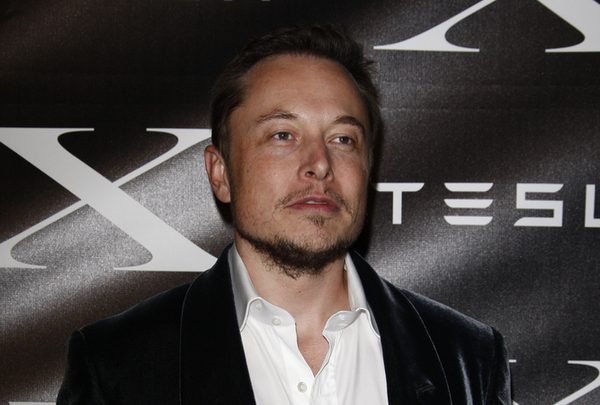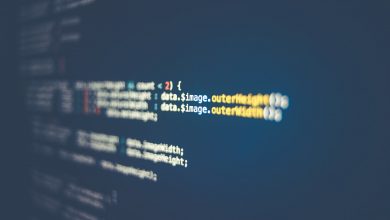
By Dr. Christopher W. Smithmyer:
On November 2, 2019, Elon Musk’s net worth surged a reported $2 billion following a profitable quarter from his electric car company, Tesla. But the billionaire, whose net worth now totals nearly $23 billion, would have you believe that he is actually cash poor. At least, that’s what the CEO told lawyers from his ongoing defamation lawsuit.
Musk’s claim that he is effectively a “broke billionaire” appears an attempt to wiggle out of paying a $75,000 settlement to Vernon Unsworth—the Thailand cave rescue diver Musk infamously called a “pedo guy.” In a sense, the claim is simple. While Musk is a billionaire, with more money than some small nations, that does not mean that his money is liquid. Since those of us who are not billionaires have no concept of how that type of money works, he makes the claim that while he has billions of dollars, he does not have access to the $75,000 to pay off the defamation judgment.
The argument is similar to the ultra-rich teen who’s attorneys argued that he had “no concept of right and wrong” because he was raised in a different world. This defense, which has come to be known as the “Affluenza” defense, makes the position that those of us in the real world have no concept of what it is like for the rich and famous. Musk’s argument is similar in that he is claiming, his wealth is too complicated for us to understand.
But is Musk—one of the richest men in the world—truly in such a precarious financial situation? Are his liquid resources so limited that he can’t bear the burden of a $75,000 fine, or is he merely misleading the court about the state of his personal finances?
Let’s look at a few things that we do know. First of all, Musk’s compensation package is so large that the Delaware court system had to review it, even though the Tesla board approved it. Musk’s $56 billion package is one of the largest that a private individual has ever taken in within the United States.
We also can do the math that $75,000 could be paid nearly a million times out of the compensation package. Further, the interest on the package (assuming an abysmal 0.01% APR at a local savings account) would yield $56 million, nearly 75 times the amount of the judgment. So, while we may not understand the complexities of billion-dollar paychecks, we do understand simple math—and the money should be there to pay for the judgment.
Additionally, Musk is not known for being thrifty with his ostensibly limited liquid assets. Recently, in a seeming PR stunt that drummed up headlines in top left-wing media outlets, Musk pledged to donate $1 million to a project to plant trees around the world, an amount substantially more than the $75,000 of the judgment. Musk’s decision to casually sign a six-figure check—apparently because a YouTuber asked him to—seemingly belies the claim that he doesn’t have ready access to his massive financial resources.
Lastly, the business mogul has an unfortunate history of misrepresenting the value of his assets for personal gain. Indeed, Musk’s defamation lawsuit isn’t the first time he’s attempted to do so. When Musk sought to have Tesla acquire SolarCity, he reportedly misled his company’s investors about SolarCity’s financial viability, characterizing it as a wholly profitable business. But despite Musk’s personal wealth, not all of his businesses could replicate that success. SolarCity, as court documents would later reveal, was one such example of failure. Prior to its acquisition, SolarCity faced a massive liquidity crisis and had mountains of debt it couldn’t pay. Musk understood the state of SolarCity well ahead of the merge but reportedly hid those details from investors. Instead, he facilitated the merger and profited as a result.
What’s more, in 2018, Musk’s SpaceX attempted to mislead lenders in order to acquire additional capital. Despite the firm’s negative profits, Musk told lenders that his company’s cash flow was positive and engaged in “creative bookkeeping” to make SpaceX’s financials appear solid. The ploy worked, with Musk securing additional money for his private aerospace company.
Musk may have deflated his personal assets within the defamation case and inflated them in the cases of SolarCity and SpaceX, but the goal was always the same. In each instance, Musk misrepresented his financials in ways to benefit him personally—often at the expense of others. This is seemingly a pattern of behavior for Musk, and it’s one that should worry everyone that puts stock in the billionaire businessman. The question Musk’s investors, contractors, and litigators must ask is this: how can Musk and his businesses be trusted moving forward?
While Musk appears to be a generally good guy who cares about the environment and other causes, his defense of being “cash strapped” is just dangerous to our legal system. Given Musk’s dodgy history when it comes to honest financial assessments, his claim of financial illiquidity, just like his “Affluenza-light” defense strategy, will likely fall on deaf ears. Musk isn’t a victim of his wealth, and he shouldn’t be treated as such.





Leave a Reply
Thank you for your response.
Please verify that you are not a robot.